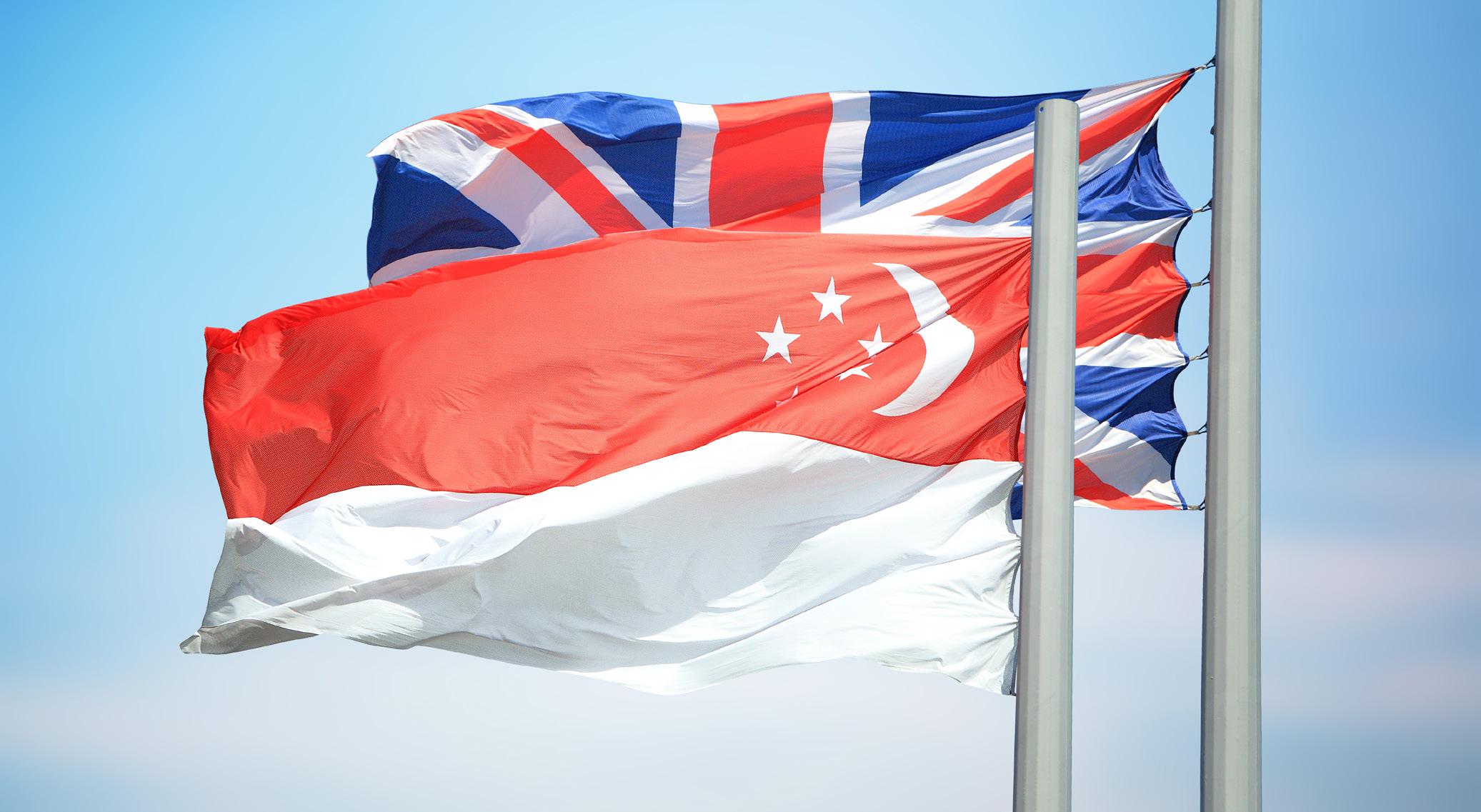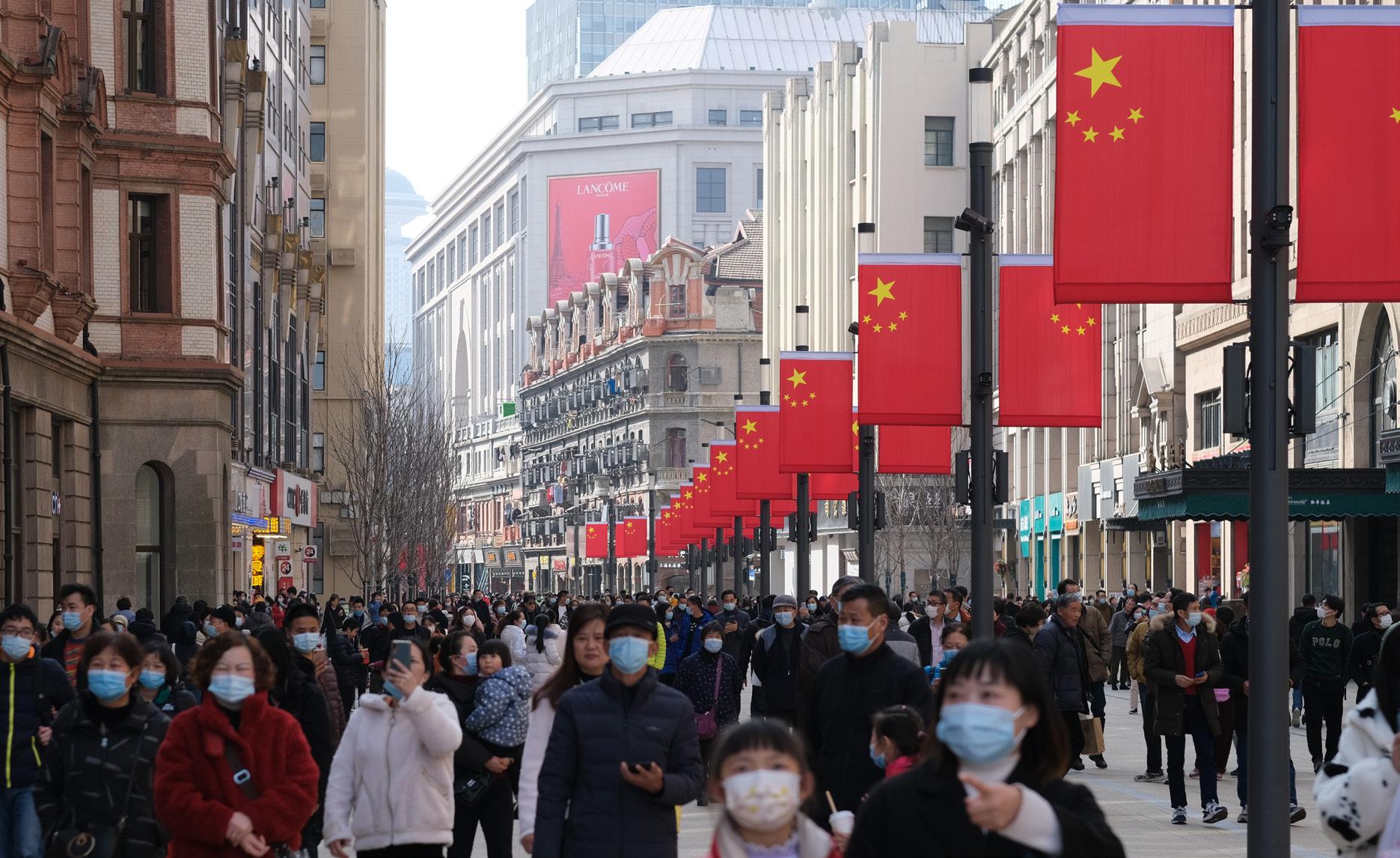
3 minute read
UK and SGP sign FinTech-focused MoU
The UK and Singapore have signed a Memorandum of Understanding aiming at enhancing FinTech trade and cooperation between the two countries. According to the UK Treasury, the MoU will reduce obstacles to bilateral FinTech commerce. Along with the previously existing cooperation between the UK and Singapore, it will also intensify engagement between businesses and authorities.
The regular meetings between UK and Singaporean policymakers and the FinTech industry will focus on lowering trade restrictions. The FinTech Bridge builds on an agreement signed in 2016, which will remove barriers to FinTech trade by opening new regular talks between regulators and businesses. This will boost collaboration and information sharing about new developments in the FinTech industry. For the UK and Singaporean FinTechs, it will also lower trade obstacles, enhancing growth and investment prospects.
According to FintechGlobal, UK Economic Secretary to the Treasury Andrew Griffith said, "The UK and Singapore are among the world’s leading jurisdictions for fintech investment – and this announcement will only accelerate growth and innovation in our respective sectors. The MoU we have announced is crucial – and I would like to thank the Monetary Authority of Singapore for their constructive engagement throughout discussions."
Meanwhile, The City UK CEO Miles Celic said, "The UK and Singapore are two of the world’s most dynamic and innovative FinTech markets. The FinTech Bridge will drive exciting new opportunities and greater alignment of regulatory approaches will help with the expansion of FinTechs from the UK and Singapore into each other’s markets. Greater cooperation between government, regulators and industry will boost innovation and drive better outcomes for customers." The legal formalities have been completed on both sides and the MoU will come into effect in December, Miles Celic added.
After the United States, the UK is the second-most popular location for FinTech investment. The UK continues to be the most attractive site for FinTech in Europe, as investments in the sector grew by 9.1 billion in the first half of 2022, a 24% rise from the same period in 2021. The sector contributes an estimated $13.4 billion to the UK economy.
In order to save $1.4 billion, over the next five years, HP will lay off between 4,000 and 6,000 workers
World Bank reduced China's growth forecast for the next year from 8.1% to 4.3%
HP cuts Jobs as recession looms Take action on plastic impact: UN

Big Tech is bracing for a challenging future as HP Inc. announced it will lay off 10% of its workforce, while Dell warned that sales are declining, and Google is getting ready to flag 10,000 employees as underperforming, possibly setting the stage for significant staff layoffs. The reductions come as a potential recession and post-pandemic decline in sales have led many technology companies to re-evaluate staffing needs. In order to save $1.4 billion, over the next five years, HP will lay off between 4,000 and 6,000 workers.
HP CEO Enrique Lores said, "At this point, it’s prudent not to assume that the market will turn during 2023. More than 137,000 white-collar workers have already lost their jobs this year."
On November 10, prominent UN system members gathered during the 2022 UN climate summit (COP27) to discuss the sometimes disregarded but nonetheless significant connection between plastic garbage and carbon emissions that cause climate change. The topic of the conference, "How combating plastic pollution and illegal traffic in plastic waste can help reduce carbon emissions," was how to lower carbon dioxide emissions through the prevention of plastic pollution and illegal traffic in plastic waste. It was co-organized by UNCTAD, BRS Secretariat, the UNEP and the UNODC. The UN said that they will deliver targeted policy advice and effective technical assistance to member states.
WB cuts China's growth forecast
The World Bank slashed its China growth forecast for the year as the pandemic and weaknesses in the property sector hit the world's second-largest economy. The World Bank announced that it had reduced its projection from the 4.3% expected in June to 2.7%. Additionally, it reduced the forecast for the next year from 8.1% to 4.3%.
In a press release, the World Bank said, "Economic activity in China continues to track the ups and downs of the pandemic -- outbreaks and growth slowdowns have been followed by uneven recoveries. Real GDP growth is projected to reach 2.7% this year, before recovering to 4.3% in 2023."

UK economy shrinks in Q3
The United Kingdom's economy has contracted more than previously thought in the third quarter of this year, placing the nation at the bottom of the G7 in terms of quarterly growth. The Office for National Statistics (ONS) released data showing that the third quarter's Gross Domestic Product (GDP) decreased by 0.3% as opposed to an expected 0.2% loss. The country only managed growth of 0.6% in the first quarter and 0.1% in the second, according to revised growth numbers for the first half of this year. The office also disclosed that the GDP is currently projected to be 0.8% lower than it was prior to the outbreak. Experts have predicted that the economy will shrink in the last quarter.
Companies can maintain a better staff retention ratio, if they pass on the WFH benefits to staffers with parental responsibilities










